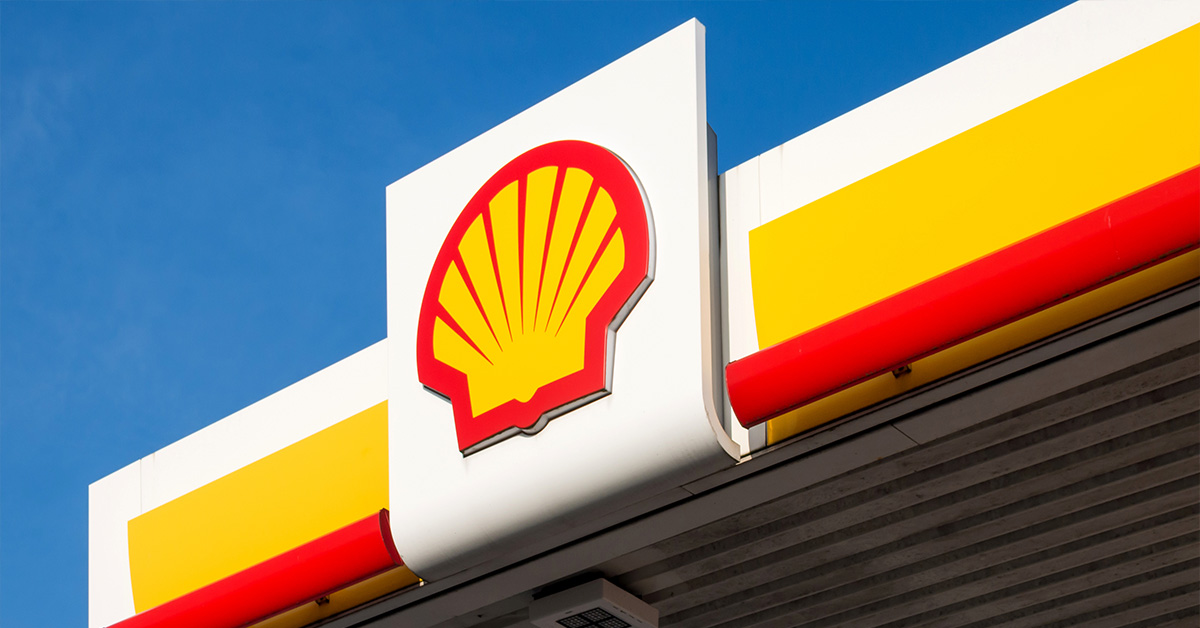In June 2023, the Supreme Court refused global mining heavyweight BHP permission to appeal its application to strike out the Mariana Dam disaster claim. The group action against BHP that will now proceed will be brought by more than 720,000 claimants over a 2015 mining disaster in Brazil and is valued at an estimated £36bn. It will be the largest action of its kind ever put before the English courts.
In this article, Rafaella Salerno provides a breakdown of events to date and reports on BHP’s unsuccessful strike out application. This summary also considers the significance of the group action going to trial with reference to mass claims generally, environmental, social and corporate governance (ESG) and multinational liability.
Breakdown of events: 2015 to present
History in Brazil
On 5 November 2015, the Fundão Dam in Mariana, Brazil, collapsed, releasing over 40 million cubic metres of iron ore tailings into the Doce River. The aftermath was catastrophic. The polluting waste travelled more than 400 miles to the Atlantic Ocean, destroying, damaging or contaminating everything in its path. Nineteen people died, entire villages were obliterated, and hundreds of thousands suffered loss. The collapse is considered the country’s worst environmental disaster.
In the wake of the collapse, many of the injured parties brought individual claims and class actions, known as CPAs, in the Brazilian courts (the “Brazilian proceedings”). The defendants to the Brazilian proceedings included the operator of the dam, joint venture company Samarco Mineração SA (“Samarco”), and Samarco’s owners, Vale SA (“Vale”) and BHP Billiton Brasil Ltda (“BHP Brazil”), entities that are part of two of the world’s largest mining groups. Many of the Brazilian proceedings were resolved, and extensive compensation and remediation programmes were set up for the benefit of those injured. However, in January 2017, the largest class action, known as the 155bn CPA, was stayed pending negotiations (and remains so at the time of writing).
In November 2018, dissatisfied with the redress available in Brazil, a group comprising individuals, businesses, churches, municipalities and utility companies who had suffered loss from the disaster brought an action in England against BHP Group (UK) Limited (“BHP England”) and Australia-incorporated BHP Group Limited (“BHP Australia”), the “group action”. BHP Australia is the ultimate parent company of BHP Brazil and operates as a single economic entity under a dual-listed company structure with BHP England (together “BHP”).
Proceedings in England
The English proceedings were initially brought by 202,600 claimants, rendering it the largest-ever opt-in group action filed in an English court. BHP applied to strike out or alternatively stay the group action on the basis that it would constitute an abuse of process (the “strike out application”).
In 2020, the High Court ruled in favour of BHP and struck out the group action as an abuse of process, citing, among other things, the sheer size of the claimant group. In 2022, the Court of Appeal reinstated the group action deciding the findings of abuse were unsustainable ([2022] EWCA Civ 951). BHP applied to the Supreme Court for permission to appeal the Court of Appeal’s decision.
In December 2022, without prejudice to BHP’s then-pending application to the Supreme Court, the group action began progressing before the High Court. At the first case management conference (“CMC”) in May 2023, it was confirmed that approximately 500,000 further claimants had been added to the proceedings, taking the total number to over 720,000 and the estimated value of the claim to £36bn. BHP requested the trial be delayed until mid-2025 to allow Vale to participate in the case. However, a trial of preliminary issues was listed for October 2024 (subject to the outcome of BHP’s permission to appeal the application). It was noted at the CMC that Vale had issued an application challenging jurisdiction in respect of its proposed participation in the group action. A hearing to determine Vale’s jurisdiction challenge was listed for July 2023.
In June 2023, the Supreme Court refused BHP’s application for permission to appeal in respect of the strike out application on the basis that it did not raise an arguable point of law. This leaves BHP no further recourse to appeal, allowing the largest group action in English history to proceed to trial.
Strike out application: an overview
In the court of first instance
BHP contended that the remedies available in Brazil provided satisfactory means of redress for the claimants and submitted the group action be struck out as an abuse of process. In the alternative, BHP requested the claims against BHP England be stayed pending the conclusion of the 155bn CPA under Article 34 of Regulation 1215/2012 (“Brussels Recast”) and the claims against BHP Australia under forum non conveniens (the common law doctrine that considers whether the courts of another jurisdiction outside of England and Wales are a more appropriate forum for the proceedings). In the further alternative, BHP submitted both claims be stayed on case management grounds.
Mr Justice Turner granted the application holding that the group action was an abuse of process and should be struck out. Allowing the English claims to proceed would involve closely related group claims moving forward in parallel in two different jurisdictions, with many of the same claimants seeking identical remedies in each. Further, there would be an acute risk of irreconcilable judgments and an unremitting cross-contamination of proceedings which would lead to “utter chaos” in the conduct of litigation, rendering the English claims “irredeemably unmanageable”.
Mr Justice Turner relied on forum non conveniens factors in reaching his conclusion. He found that if the proceedings had not been struck out, they would have been stayed under Brussels Recast and forum non conveniens, but imposing a stay on case management grounds would have been unsustainable. The claimants appealed.
On appeal to the Court of Appeal
The Court of Appeal judgment represents a significant departure from the first instance ruling. It held that Mr Justice Turner had been wrong to strike out the claim as an abuse of process. The fact that a claim properly advanced was said to be “unmanageable” did not, as such, make it an abuse. In any event, the finding that the proceedings were “irredeemably unmanageable” was not sustainable. Mr Justice Turner was also wrong to rely on forum non conveniens factors as part of his analysis. While a properly arguable claim might, in principle, be abusive if it was clearly and obviously pointless and wasteful, the judge’s error concerning the manageability of the litigation had infected his conclusion on that issue.
Further, Mr Justice Turner had wrongly treated the claimants as a single indivisible group leading to a failure to properly analyse their positions. He likewise erred in finding that the proceedings should have alternatively been stayed under Brussels Recast and on forum non conveniens grounds. BHP applied to the Supreme Court for permission to appeal.
The Supreme Court unanimously rejected BHP’s application on the basis that it did not raise an arguable point of law. The importance of this decision is widespread, spanning case management, ESG and multi-jurisdictional contexts.
Significance of the group action
Size of the claim
With a 720,000-strong claimant group and an estimated value of £36bn, the group action will be the largest of its kind to be put before the English courts. Further, a £36bn bill in damages would render the group action the largest environmental disaster claim in the world, dominating the Volkswagen US$15bn settlement over the diesel scandal in 2016 and the BP US$28bn settlement over the Deepwater Horizon spill in 2015. The decisions of the Supreme Court and Court of Appeal leave the High Court with the difficult task of navigating an enormously large and complex case to trial. However, their decisions also instil confidence in the English court system and its capability and capacity to manage group claims.
ESG accountability
The importance of companies having strong ESG credentials has increased significantly in recent times. The number of ESG-related claims brought against companies has increased as a result (see, for example, ClientEarth v Shell Plc and Friends of the Earth Limited v UK Export Finance).
The group action, arising from an alleged failure of BHP’s social responsibility and subsequent environmental disaster, puts ESG concerns even more directly under the spotlight. In allowing the group action to go to trial, the Supreme Court and Court of Appeal have sent out a clear signal that the English courts are prepared and willing to scrutinise the actions of companies on ESG matters regardless of the size and complexity of the claim, and the claimant’s entitlement to compensation in other jurisdictions.
Liability of UK-headquartered multinationals
The decision also highlights that UK-headquartered multinational companies are far from immune from incurring liability for the actions of their overseas subsidiaries and joint ventures, whether or not those entities are under direct UK ownership. Again, the Court of Appeal was not deterred by the fact that remediation could (and in some cases had been) granted in the foreign courts. This decision aligns with the Supreme Court decisions in Okpabi v Royal Dutch Shell Plc and Vedanta Resources Plc v Lungowe, both of which reveal the difficulty of successfully discharging claims at the jurisdictional stage when liability arises from the action of overseas subsidiaries. The English courts may therefore see a rise in the number of actions filed against UK-headquartered multinationals where the activities in dispute were carried out by their overseas subsidiaries or joint ventures.
Conclusion
Partner Elaina Bailes comments:
“The sheer size of this case and the fact it has been allowed to proceed in the English courts is potentially significant for the future of ESG litigation in the UK. If the courts can successfully case manage the claims, it will show that England and Wales is an attractive forum for claimants seeking redress against multinationals with UK ownership despite the lack of a formal class action system.”
You can find further information regarding our expertise, experience and team on our Commercial Litigation, ESG Disputes or Group Actions page.
If you require assistance from our team, please contact us or alternatively request a call back from one of our lawyers by submitting this form.
Subscribe – In order to receive our news straight to your inbox, subscribe here. Our newsletters are sent no more than once a month.






